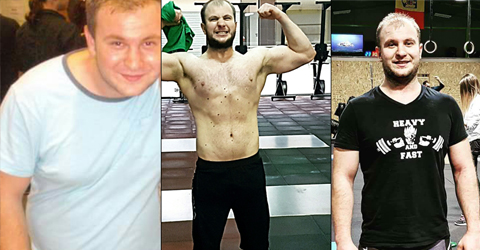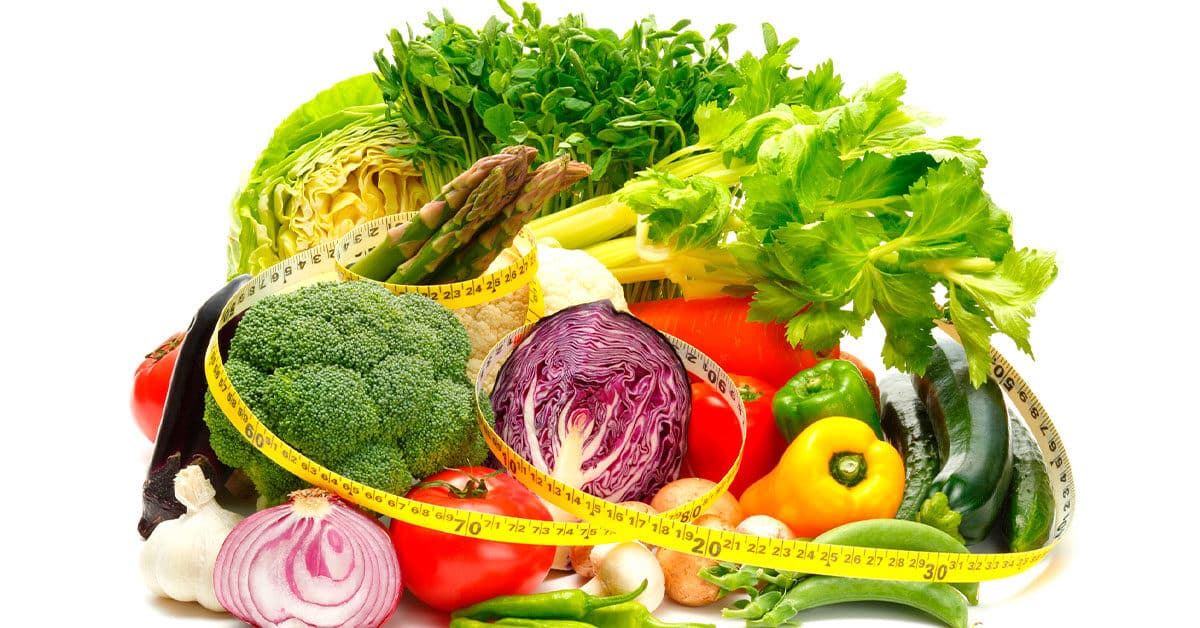

When I began this lifestyle back in 2016, I was really sick. I had heart disease, COPD (chronic obstructive pulmonary disease), thyroid issues, metabolic disorder, prediabetes, high blood pressure, high triglycerides, a connective tissue disorder, and morbid obesity that left me approaching 300 pounds. I had also encountered nineteen surgeries up to that point. At the time, I knew that obesity was strongly associated with hypertension and other chronic conditions, but what I felt in my body was far more convincing than anything I could read.[1,2] I realized that I was going down the same path as my father, who had three major heart surgeries and an aorta repair before passing away in his early seventies.
That December, I left my doctor’s office with two bags of medications, but my first thought was not how I would juggle my new life of being tied to daily medicines. Instead, I thought about which of my children would end up taking care of me. I was already walking with a cane, and I sometimes used a walker or a wheelchair. All I knew was that something had to change.
I began looking for ways to improve my health naturally. Then, I remembered some books I had bought after watching a PBS special on plant-based living. I read Dr. Joel Fuhrman’s Eat to Live and Dr. T. Colin Campbell’s The China Study. I began following Drs. Campbell, Greger, Esselstyn, and Barnard and watched Forks Over Knives, Hope, and PlantPure Nation. From there, my life slowly began to change for the better.
Early Results
Within months of switching to a whole food, plant-based (WFPB) way of eating, my health started improving. I was able to come off most of my medications, lose weight, and see major improvements in my labs. My A1C went from 6.3 to 5.7, my triglycerides and cholesterol returned to normal ranges, and my blood pressure was under control. For the first time in years, I had hope that I could break the family curse of early heart disease and live a healthier life.
My mobility also improved. I was still dealing with the result of joint replacements and connective tissue pain, but the cane became less necessary, and I haven’t needed a walker or wheelchair since. The energy I gained was amazing. These changes confirmed to me that food could be powerful medicine.
Challenges
The journey has not been without challenges. Weight loss and maintenance have been ongoing struggles, especially since my health conditions often require periodic steroid treatments. The weight gain from steroids is rapid and discouraging. I sometimes gain more than ten pounds in just a few days. My weight can also fluctuate as much as eight pounds after a heavy vegan restaurant meal, which takes weeks to lose.
The connection between obesity and chronic disease is well documented. Obesity is strongly associated with hypertension, cardiovascular risk, and metabolic disorders.[1,2] Sodium intake is also a major factor in high blood pressure, making dietary awareness critical for long-term health.[1] Understanding the importance of these factors, I am motivated to continue working toward a healthier weight, even when progress feels slow.

Add to that the normal challenges of life. There have been times when I lost focus, gave in to vegan junk food, and quickly regained pounds I had worked hard to lose. For the past several years, my story has often looked like two steps forward, one step back. This cycle can be frustrating, but the only certain way to fail is to give up, and I’m not doing that!
The Power of Journaling
One of the tools that has consistently made a difference for me is journaling. I will admit that I got away from it for a while, and my weight crept back up. But revisiting my old journals reminded me how powerful this strategy really is. Writing down what I eat holds me accountable, helps me see patterns, and allows me to adjust habits when needed.
For example, journaling revealed that my favorite homemade ramen, something I thought was relatively healthy because I packed it with vegetables, was loaded with over 2,000 milligrams of sodium and 800 calories. I had been eating it several times a week, without realizing the impact it was having on my weight and blood pressure. Once I saw the numbers on paper, I stopped eating it.
Logging my meals also showed me that I was not consuming nearly enough fiber. When I became consistent with tracking, my fiber intake increased to above 35 grams a day, and my sodium stayed below 1,500 milligrams. Those numbers matter for long-term heart health and weight control, and I would not have known without the data from journaling.
What the Research Shows
Research supports what I have experienced firsthand. Food journaling increases awareness of eating habits and helps people identify patterns that lead to weight gain. In fact, journaling is one of the most effective strategies for long-term weight loss and weight maintenance.[3,4] A Kaiser Permanente study of 1,700 participants found that those who kept food diaries six days a week lost twice as much weight as those who did not.[5] Keeping a food diary has also been shown to encourage lower calorie intake.[3,6]

Roberta Russell, author of Report on Permanent Weight Loss, notes that most programs that succeed in helping people achieve long-term weight loss include journaling as a central tool.[4] These findings reinforce what I have learned: journaling is more than busywork. It is a way to collect data, hold yourself accountable, and make informed choices that drive results.
Moving Forward
Now that I am journaling again, I am back down to the mid 230s. That is still far from my goal weight of 150 pounds, but it is meaningful progress. Journaling helps me notice things I would otherwise ignore. It also keeps me focused during steroid-related weight swings and prevents discouragement from turning into giving up.
Living with chronic illness means there will always be the possibility of setbacks. But food journaling gives me a way to learn from those setbacks instead of being defeated by them. It allows me to treat my health as a study of one, using my own data to guide my choices and adapt when needed.
My journey is ongoing, and I know it will not be perfect. But food journaling remains one of the most reliable strategies I have to move forward. It reminds me that persistence matters more than perfection. And it reinforces the lesson I keep returning to: the only way to fail is to quit, and I will not quit.
References
- Hall, J. E., et al. (2015). Obesity-induced hypertension. Circulation Research. Retrieved from https://www.ahajournals.org/doi/10.1161/circresaha.116.305697.
- Jiang, S. Z., Lu, W., Zong, X. F., Ruan, H. Y., & Liu, Y. (2016). Obesity and hypertension. Experimental and therapeutic medicine, 12(4), 2395–2399. Retrieved from https://www.ncbi.nlm.nih.gov/pmc/articles/PMC5038894/.
- Hall, K. D., & Kahan, S. (2018). Maintenance of lost weight and long-term management of obesity. The Medical Clinics of North America, 102(1), 183-197. Retrieved from https://www.ncbi.nlm.nih.gov/pmc/articles/PMC5764193/.
- Russell, R. (2016). Report on permanent weight loss. Columbia Academic Commons. Retrieved from https://academiccommons.columbia.edu/doi/10.7916/D8SJ1KV9.
- Hollis, J. F., et al. (2008). Weight loss during the intensive intervention phase of the weight-loss maintenance trial. Retrieved from https://pubmed.ncbi.nlm.nih.gov/18617080/.
- McManus, K. D. (2019). Why keep a food diary? Harvard Health Publishing. Retrieved from https://www.health.harvard.edu/blog/why-keep-a-food-diary-2019013115855.
Copyright 2026 Center for Nutrition Studies. All rights reserved.
Deepen Your Knowledge With Our
Plant-Based Nutrition
Certificate
Plant-Based Nutrition Certificate
- 23,000+ students
- 100% online, learn at your own pace
- No prerequisites
- Continuing education credits






